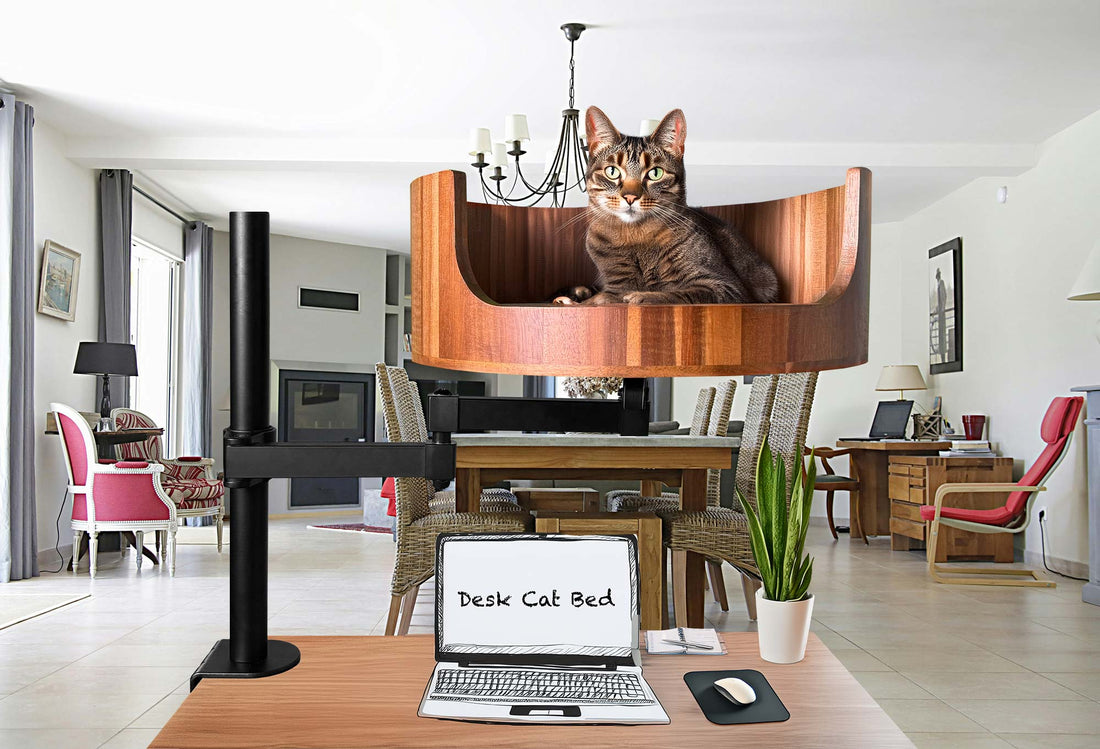
Why Cats Poop on the Floor: Understanding the Behavior
Share
If you've ever experienced the frustrating sight of finding your cat's poop on the floor instead of in the litter box, you're not alone. While cats are typically known for their cleanliness, this behavior can be a common issue that many cat owners face. Understanding why cats choose to poop on the floor instead of using the litter box requires diving into the complex world of feline behavior and psychology.
In this article, we will explore the reasons behind why cats exhibit this behavior, including potential medical issues, stress factors, territory marking, and litter box preferences. By delving into these potential causes, cat owners can gain a better understanding of their feline companions and take steps to address the issue effectively. Whether you have a new kitten who is still learning proper litter box habits or an older cat who has suddenly started pooping on the floor, this article will provide valuable insights and practical tips for managing and correcting this behavior. Let's unravel the mystery of why cats poop on the floor and empower cat owners to create a clean and harmonious environment for their beloved pets.
1. Cats may poop on the floor due to stress, health issues, or dissatisfaction with their litter box.
2. Understanding your cat's behavior and addressing any underlying issues can help prevent floor pooping.
3. Providing a clean and comfortable litter box in a quiet location is essential for promoting regular bathroom habits.
4. Monitoring your cat's diet and ensuring they have access to fresh water can also help prevent floor pooping.
5. Seeking advice from a veterinarian or animal behaviorist can help you better understand and address your cat's bathroom habits.
Causes of Cats Pooping on the Floor
One common reason why cats may poop on the floor is due to a medical issue such as a urinary tract infection, gastrointestinal problems, or other health concerns. It's important to rule out any underlying health issues before addressing the behavior. Another reason could be related to stress or anxiety, especially in multi-cat households or during changes in their environment. Cats are creatures of habit, and disruptions in their routine can lead to undesirable behaviors such as pooping outside the litter box. In some cases, older cats may experience cognitive decline, leading to accidents around the house.
Litter Box Issues
Sometimes, cats may avoid using the litter box due to its cleanliness or the type of litter being used. Cats are known for their cleanliness and may refuse to use a dirty or smelly litter box. It's essential to scoop the litter box daily and clean it regularly to encourage proper elimination behavior. Additionally, cats may have preferences for the type of litter, such as clumping or non-clumping, scented or unscented. Experimenting with different litter types and litter box placements can help identify and solve any litter box issues.
Behavioral Factors
Cats are territorial animals, and pooping on the floor can be a way for them to mark their territory, especially in multi-cat households. In some cases, cats may be trying to communicate their displeasure or stress through inappropriate elimination. Understanding your cat's body language and behavior cues can help determine the underlying cause of their actions. Punishing or scolding a cat for pooping on the floor can worsen the behavior and create a negative association with the litter box. Positive reinforcement, such as rewarding good litter box behavior, can help encourage proper elimination habits.
Frequently Asked Questions
Why do cats sometimes poop on the floor?
Cats may poop on the floor for various reasons, including health issues, stress, changes in their environment, or dissatisfaction with their litter box. It is important to observe your cat's behavior and consult with a vet to determine the root cause.
Will the Desk Cat Nest help prevent my cat from pooping on the floor?
The Desk Cat Nest provides a cozy and secure space for your cat to rest and sleep, which can reduce stress and anxiety that may lead to inappropriate elimination. However, it is not a guaranteed solution and should be used in conjunction with other behavioral and environmental modifications.
How do I introduce my cat to the Desk Cat Nest?
Place the Desk Cat Nest in a quiet and comfortable location where your cat likes to relax. Encourage your cat to investigate and use the nest by placing treats or toys inside. Be patient and give your cat time to feel comfortable with the new furniture.
Can multiple cats share the Desk Cat Nest?
Yes, the Desk Cat Nest is spacious enough to accommodate multiple cats. However, it is important to monitor their interactions and ensure that each cat has a comfortable space to rest.
Is the Desk Cat Nest easy to clean?
Yes, the Desk Cat Nest is made of durable and easy-to-clean materials. Simply remove the cushion and wipe down the nest with a damp cloth or gentle cleaning solution. The cushion cover can also be removed and washed for added convenience.
In conclusion, providing your cat with a comfortable and secure place to rest, such as a Desk Cat Bed, can help address the issue of cats pooping on the floor. By creating a designated space for your cat to relax and sleep, they are less likely to feel the need to mark their territory in unwanted areas. The Desk Cat Bed not only provides a cozy spot for your feline friend to lounge, but it also helps promote good behavior and a cleaner living environment. Investing in a Desk Cat Bed is a valuable choice for both you and your cat, offering a solution to common bathroom issues while providing a comfortable and stylish addition to your home.



















































